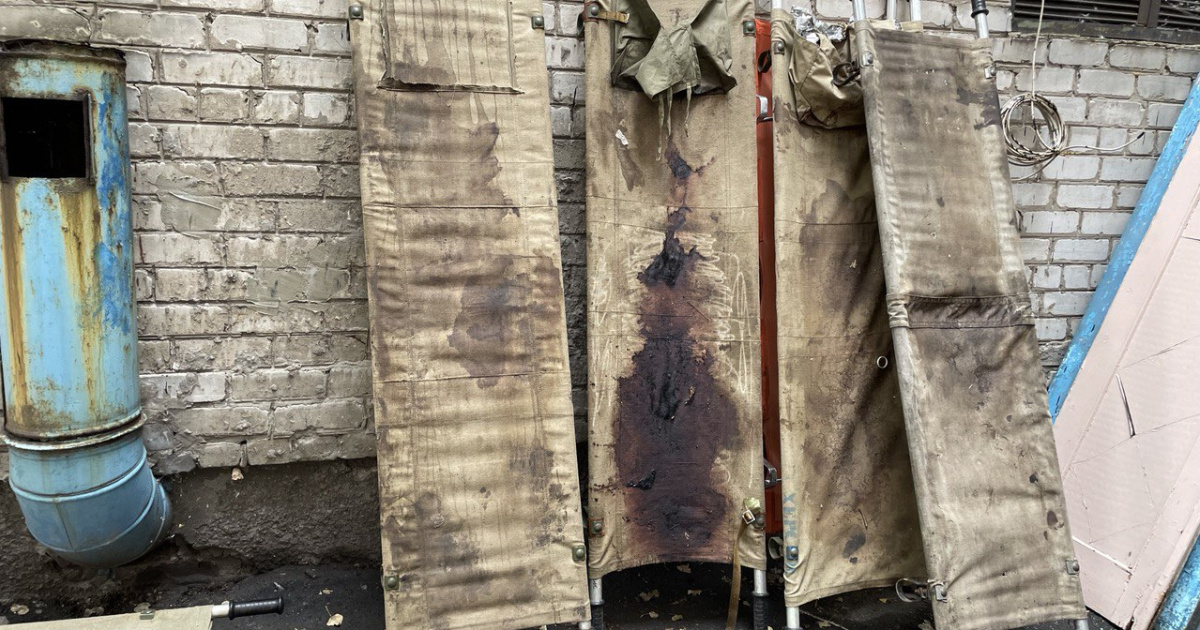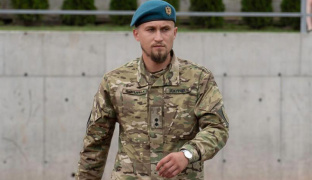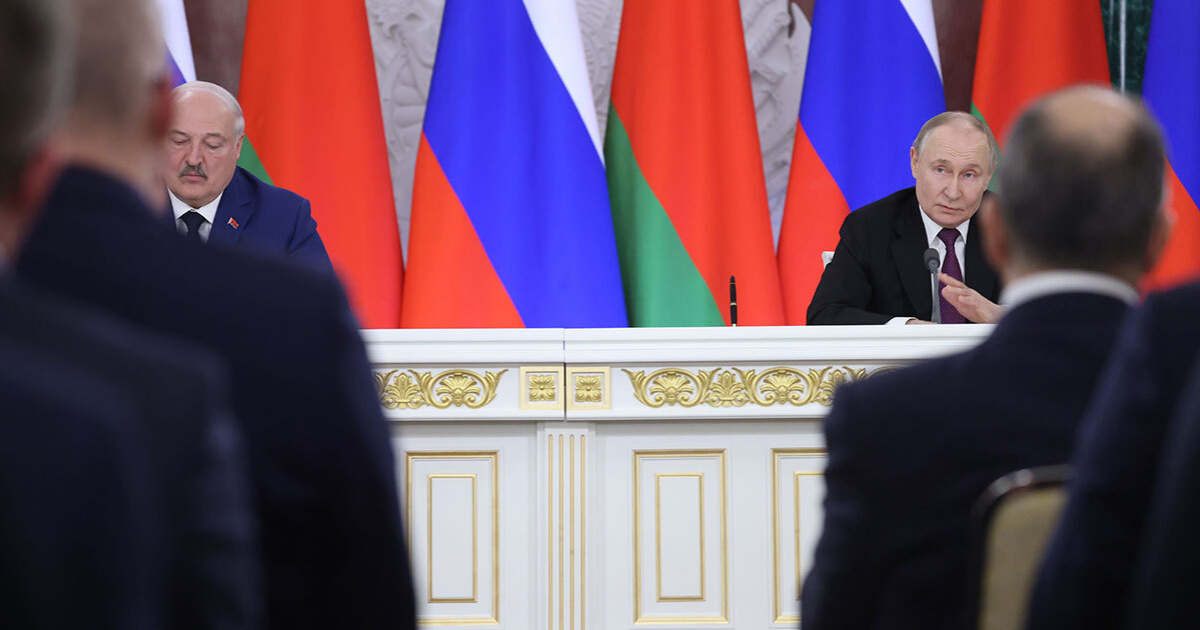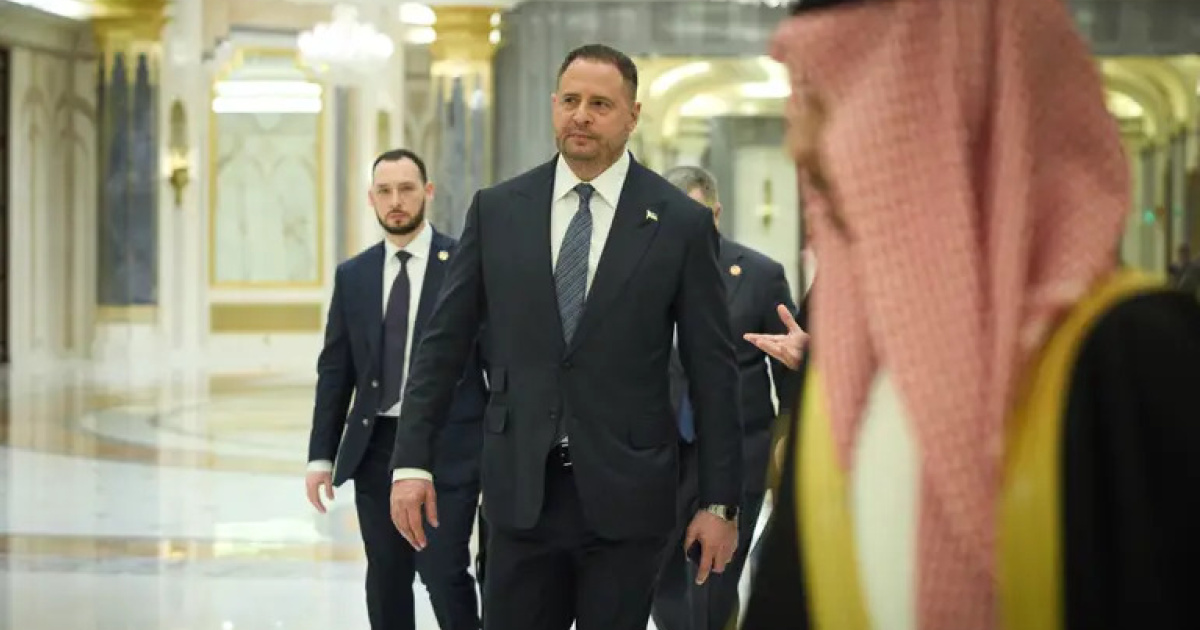
The full-scale war is constantly testing Ukraine's healthcare system. While one might have expected groundbreaking innovations under such conditions, the reality mostly seems to be an exhaustion of resources for both doctors and patients. The system needs changes, and thousands of military personnel and their families who have gone through it can confidently say what those changes should be.
Like almost every wounded military service member's story, Viktor Komarnytsky's battle for health and life begins with an evacuation from the battlefield, for which other soldiers risk their own lives. Viktor’s comrades dragged him to the evacuation vehicle for seven kilometers; one vehicle did not make it because it was hit by russians. Viktor’s wife, Iryna Komarnytska, says that it wasn’t the war that killed Viktor but the Ukrainian medical system, and his case is far from the only example of medical indifference and negligence.
The next mandatory stages of such a story are the stabilization point, where the wounded receive initial medical care, and the hospital in the nearest front-line regional center, where more serious procedures, including emergency surgeries, are performed. There may be several more links between these two points.
But the most challenging part comes later. For further treatment, the wounded are transported deeper into the rear, to those military hospitals with available beds. Sometimes there is another intermediary stage, where after urgent medical procedures, the wounded are transported somewhere to wait for distribution to hospitals. There is always an issue with available beds, and the hospitals that do have beds might lack the necessary specialists.
Access to a civilian hospital is possible only with a referral from a military hospital. Thus, the fate of each wounded person is decided by the military doctor responsible for the referral. Some are fortunate enough to end up in the right place. Viktor Komarnytsky was not so lucky.
"He'll die anyway"
Viktor was wounded in the head in the Donetsk oblast in March 2023. He underwent a successful surgery in Dnipro and was transported to Kyiv. In the capital's military hospital, he regained consciousness, but he wasn’t allowed to stay there: on the fourth day after the surgery, Viktor was transferred a second time, to Ivano-Frankivsk.
His wife Iryna begged the responsible doctor to keep Viktor somewhere in Kyiv: "You can transport those with wounded arms or legs, but not someone with a head injury", she insisted. The doctor replied, "He’ll be fine". He claimed there were no available beds in the capital's hospitals and that Viktor was already improving and headed for rehabilitation. Viktor arrived in Ivano-Frankivsk fully conscious.
At the hospital, he was placed in the cardiology department instead of neurology because the neurology department was also full. A few days after his arrival, Viktor had a stroke. His condition constantly worsened due to infections he contracted in the hospitals he had passed through. He often held his head and indicated to his wife that he was in severe pain. A few days later, Viktor had a second stroke.
Iryna says that only after this did they perform an angiography, a vessel examination. It revealed a large aneurysm—a blood vessel stretched out like a bubble, which could burst, leading to hemorrhage and death. Viktor’s treatment after the stroke consisted only of being connected to a ventilator and supportive medications, Iryna says.
The woman began insisting on transferring Viktor to another nearby hospital where he could be operated on and where she trusted the care. Viktor was transferred to a military hospital in Lviv. He was operated on and treated there for three weeks but remained unconscious. Therefore, the hospital started insisting on transferring him to another hospital, to a palliative care unit in Zhovkva near Lviv. Iryna was told, "They won't treat him anymore, only provide care".
Iryna managed to have her husband at least transferred to their hometown, Odesa. Viktor was placed in a civilian regional hospital, which the woman remembers as the worst in this whole story. It was the only hospital where she was not allowed to see her husband and where, one day, he was moved to a regular ward and disconnected from the oxygen station; within a few hours, he began to suffocate. Iryna managed to get Viktor transferred to the ICU of another department.
That ICU was the worst of all, she says. She wasn’t allowed in even for a minute. When Iryna tried to see her husband, the head of the department rudely suggested she take him home. "But he's going to die", she said. "He'll die anyway", the department head replied, according to Iryna. "Then the following happened: they wheeled Viktor out with his injured and operated-on head into the corridor, where there were many people and a draft, and said, 'Look, here he is, alive'".
"I came home, counted all our savings, and thought that if he's going to die, as everyone is telling me, at least let him die in my arms", - the woman recalls. She calculated that the savings would be enough for a month in a private clinic with a specialized department. They found one in Kyiv, where a day’s stay cost UAH 17,000. So, after months of wandering through three regions, Iryna and Viktor found themselves back in Kyiv.
During that month, a tumor began to grow in Viktor's brain, and he needed another surgery. In utter despair, Iryna went to the Institute of Neurosurgery—the very institution she had hoped to transfer Viktor to immediately after he was wounded, before he was sent to Ivano-Frankivsk.
The Institute agreed to accept Viktor. He underwent several more surgeries there. Iryna was thrilled with the doctor who took care of Viktor, but she constantly had to fight to keep him from being sent away again.
Eventually, she had to transfer her husband once more: volunteers offered a place in the palliative care unit of another hospital in Kyiv. Iryna says that Viktor was visited by an invited rehabilitation specialist, but the hospital staff paid attention to him only due to her and the volunteers' constant oversight. In January 2024, Viktor passed away.
Iryna believes that Viktor and many other soldiers who died from their injuries could have been saved if they hadn't been constantly moved between hospitals and medical facilities.
"The hospitals warned that transferred patients brought new infections", - she recounts. "There were two other people in the room with my husband and during the five weeks we were in Lviv, four different people were placed next to him. One of them could already walk, but when Viktor developed hydrocephalus, that guy did too. Instead of treating both at once, they sent the guy to another hospital. What for? To infect others?"
This also involves corruption and systemic indifference. Iryna recalls that another injured soldier in the same condition lay next to her husband, but without the constant supervision of his family members. A rehabilitation specialist visited Viktor, but not the other man. When Iryna asked about this, she was told, "There's nothing left to treat".
No free beds
Volodymyr Radnianko (call sign "Historian") suffered multiple shrapnel wounds in the Donetsk oblast and had to wait a long time for evacuation due to the fighting. However, he was somewhat luckier later on.
Initially, Volodymyr was examined and bandaged in Dnipro, but within a few days, he was moved further: first by train to Khmelnytskyi, then by bus to Chernivtsi. He spent almost two weeks in a military hospital there, and then he was transferred to the local regional hospital for another three weeks, where the necessary specialist was found. Volodymyr is satisfied with the services of both hospitals but knows from his comrades that the quality of services in other hospitals and facilities was worse.
Volodymyr also points out the overcrowding in military hospitals. Some are automatically reserved for treating the most severe injuries; everyone is keen to discharge patients as soon as possible. He and several other interlocutors from OstroV noted that military hospitals no longer admit former soldiers or "old" patients: the system can only handle those who have just been brought from the front lines.
Ivan suffered a concussion and almost lost his hearing while liberating the Kharkiv oblast in the fall of 2022. He spent several days in a hospital in Dnipro, then he and other wounded were informed of their transfer to somewhere in western Ukraine. They were all put on an evacuation train, but midway, five of them were taken off and returned to Dnipro.
Ivan suspects that the hospital where he was supposed to receive further treatment had received several more severely injured patients, leaving no room for "lighter" cases. He was discharged from the hospital in Dnipro the day after returning from the failed trip.
Ivan tried but was unable to get permission to travel for rehabilitation in Croatia, where a local acoustic trauma center could have admitted him. While searching for opportunities to receive a proper examination and quality treatment at least in Ukraine, he was taken off the active roster and given a salary of less than UAH 700. As a result, neither procedures in private clinics nor even a quality hearing aid were possible.
Without inpatient treatment, Ivan also could not count on compensation for his treatment from the state.
Similarly, Ihor (name changed), who suffered a severe leg injury in Bakhmut, has not yet been able to receive compensation for his treatment. The military medical commission mistakenly wrote that Ihor was injured while on military duty, rather than defending his homeland, implying that his injury was non-combat related.
Ihor was discharged from the hospital in Kyiv just five days after a complicated surgery in which part of his bone and thigh were removed. He went to a military hospital in Dnipro for further treatment but was only admitted there through the intervention of the military medical commission: the hospital had insisted on sending the wounded soldier back to his unit.
The soldier's father says that even this hard-won treatment was not of good quality: the shattered bone healed crookedly, the wound would not heal because it was constantly aggravated, the grafted skin did not take, and the doctor continuously insisted on amputation. The family, who were forced to become internally displaced, had to buy some of the medications themselves. The request to transfer Ihor to another hospital was rejected by the doctor for a long time until recently, the father says.
"The most frustrating thing about this medical assistance in the army is that you have to fight for it too", - says Yevhen Shybalov, a former journalist and, since 2022, a serviceman. In May 2022, he suffered a concussion in the Luhansk oblast and was taken prisoner of war for six months. He did not receive timely treatment and was tortured with electric shocks while in russian captivity.
Yevhen underwent treatment and rehabilitation in Ukraine and was satisfied with the services, but he also mentions the overcrowding in military hospitals. Those directed for hospitalization often have to wait for a free spot to open up. Sometimes this leads to tragedies: in the unit where Yevhen currently serves, one soldier committed suicide while waiting for hospitalization in a psychiatric hospital.
Yevhen is convinced that reducing paperwork required from soldiers needing treatment and rehabilitation and switching communication between military units and hospitals to an electronic format could halve the burden on doctors and reduce the long waiting lines in hospitals.
He believes it would be even more helpful if military authorities recognized documents issued by private and state civilian hospitals. While formally a serviceman has the right to choose where to receive treatment, in practice, documents from such medical institutions must be verified through military medical commissions, adding to the long queues.
Military medical commissions are a separate issue that everyone talks about. Almost all the interlocutors of OstroV noted that these commissions tend to downplay the severity of the damage that injuries have caused to the health of servicemen.
"The same doctors who treated me and were otherwise helpful would suddenly turn into jerks as soon as they heard the magic abbreviation 'MMC' (military medical commission)", - Yevhen says. "When I returned from captivity, I had an MRI of my brain, an encephalogram, and documented the obvious: my brain is damaged, the frontal lobe is covered in micro scars.
While I was undergoing treatment, no one argued with me: all medical records documented that due to acoustic trauma from combat actions and mistreatment in captivity, I experienced specific negative changes. However, when I went to the same hospital for the military medical commission (MMC), armed with the same medical records, the neurologist began to convince me that these were all age-related changes and refused to record them in the MMC's medical report as injuries related to defending the homeland.
This happens with every doctor on this commission every time—you have to fight to get them to acknowledge what is actually there. I don't understand why. I wasn't seeking any compensation; I knew my condition wasn't severe enough to qualify for discharge or dismissal from service. But it was important to me that everything I had acquired in the war was recognized. It felt like a medal—something I received while defending my country".
"You just change their perspective"
The servicemen interviewed by OstroV emphasize that they don't want to talk about "betrayal" from the state. They encountered decent, professional, and compassionate doctors and received strong support from commanders and comrades. However, the system desperately needs changes. Changes are indeed happening, but slowly.
"Military medicine is a large, inert machine. Like a dinosaur, the signal from its brain takes a long time to reach its tail. They feel the heavy load but take a long time to decide what to do about it, or they initiate a change process that unfolds very slowly in such structures", - says Yevhen Shybalov.
While this machine is being tuned without much inspiration, some have developed individual strategies to navigate it.
Andriy sustained a severe arm injury near Zaporizhzhia. "I was conscious the entire time and tried not to complain. It's the right strategy because when people are already stressed and struggling, you shouldn't add to their burden. In Zaporizhzhia, I told the surgeon, who looked exhausted, before the operation that I highly respected him and his work. I asked if he could try to save at least a couple of my fingers, so I could still hold a joystick and pull a trigger. I promised him a treat if he could manage that. Thanks to that little joke, they had ended up saving three fingers", - he says.
When he was being transferred from Zaporizhzhia for further treatment in another city, Andriy was already searching for a surgeon he could trust with his injured arm. He sent a photo of his injury to friends on Facebook, and discovered that among them were three surgeons and one serviceman with a similar injury. The latter recommended his doctor in Kyiv and helped arrange Andriy's transfer.
"They transferred me from Zaporizhzhia to Kropyvnytskyi", - Andriy recounts. "It's a good hospital, but they lack sufficient resources and connections with funds. As a complex case, I was sent to the head of the department. He was a competent guy who performed two sanitary surgeries. Another surgeon did the rest. If I had stayed there, he wouldn’t have been able to treat me as effectively as when I moved to Kyiv".
Andriy also developed a strategy for dealing with the military medical commission. "What's my tactic? When I see a bureaucratic doctor, I approach him and say, 'Respected doctor, how can I make sure I don’t get discharged?' They immediately get confused: 'What’s this nonsense?' In a rear regional center, they think they’re a great warrior and assume you want to escape. But you just change their perspective. During the commission, I tried to explain that I can do everything I need with this hand, and what I can't do, I manage with my left hand, as I'm naturally left-handed".
Andriy received a second-degree disability status but continues to serve.
By Yuliia Abibok, OstroV




